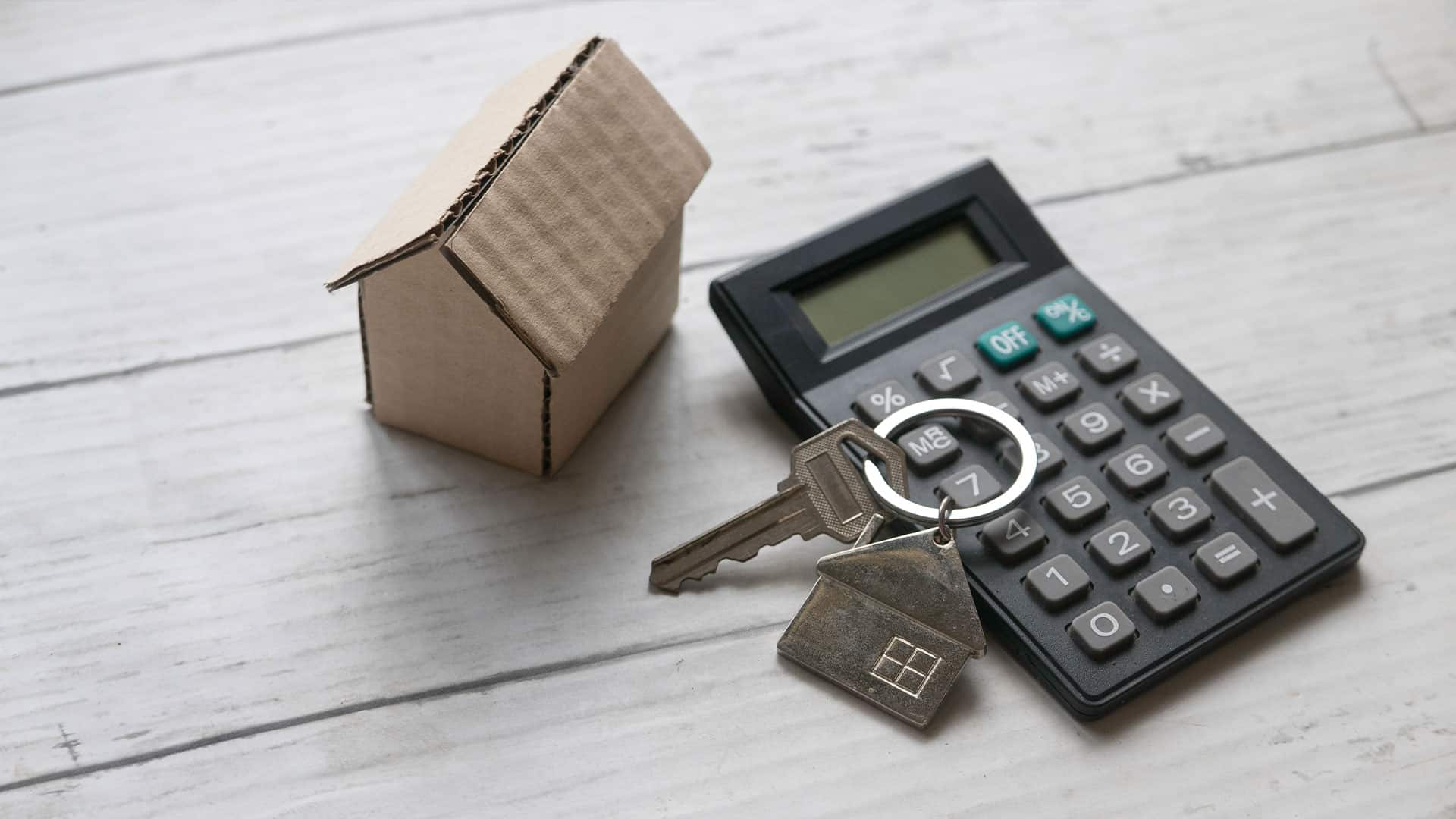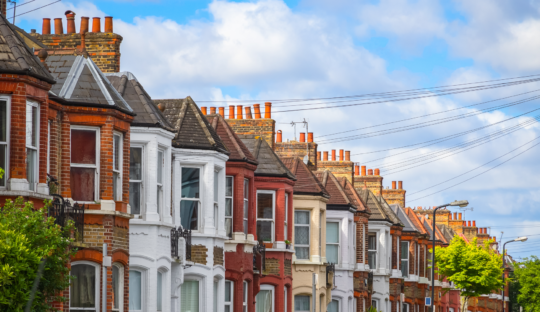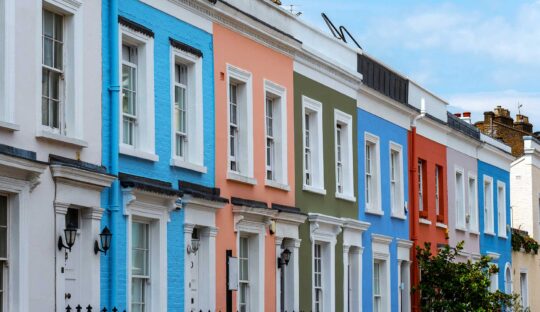In this article
Mortgages With an IVA
Explained in 1 min 2 seconds
Find more videos like this on MoneymanTV
What is an IVA?
An Individual Voluntary Agreement (IVA) is a legally contracted agreement between the individual who owes the debt, and the creditor. The creditor being the organisation who has loaned the money.
The idea behind it, is to create a manageable monthly payment plan, typically set over a 5 year period. This is set up by an Insolvency Practitioner, who is a specialist in the field of debt management. They will work on your behalf, speaking with the creditors to make sure they are paid on time.
Can I get a mortgage with an IVA?
Whilst an IVA (Individual Voluntary Arrangement) can make the process of obtaining a mortgage very difficult, it is not entirely impossible. Due to the nature of what you’re dealing with, however, it is recommended that you speak with an Insolvency Practitioner prior to making any mortgage applications.
The reason that you’ll need to speak with a professional in the field, is because of your agreements terms. In some cases, any amount of credit that is applied for and exceeds £500 whilst you are in an IVA period, will need written approval from the creditors who have agreed to your IVA terms.
This makes sense, as the very foundation of an IVA is centered around controlling your finances, and making affordable monthly payments. Any additional credit commitments would be seen as a risk to you paying back the IVA itself. Plus, in the eyes of the creditor, if you were to come into any extra income, why wouldn’t it go towards your IVA?
Is an IVA right for me?
The main factor in an IVA is affordability. There has to be a manageable way for you to pay back the debt you owe, but also leave you enough disposable income for housing and other essential living expenses.
How does an IVA affect my mortgage application?
When looking at a mortgage, whilst an IVA in most instances is a much better option than continuing to miss payments, it is incredibly likely that your credit score will be damaged. Because of this, there is a decreased chance of being accepted for a mortgage.
In addition to this, the mortgage lender will need to know that you have a sufficient amount of disposable income left over. If you had a mortgage prior to your IVA, this would have been considered in your agreement.
That being said, if this is something you’re considering at a later stage, you will have your basic living costs and IVA payments already, so it may not be possible for you to afford a mortgage payment on top of this. Any extra income you come into, may be better used paying off your IVA.
Can I get a mortgage after an IVA?
Though it may be appealing to look at becoming a homeowner once your IVA ends, it is worth being careful and considerate first.
Your income is now yours to do what you wish, but your credit file still needs plenty of time to recover. It’s generally recommended that you leave it a few years, to make sure you’re in the best spot.
It is possible to obtain a mortgage or remortgage with bad credit, but you will open yourself up to much better interest rates if you have a healthier credit file to your name.







